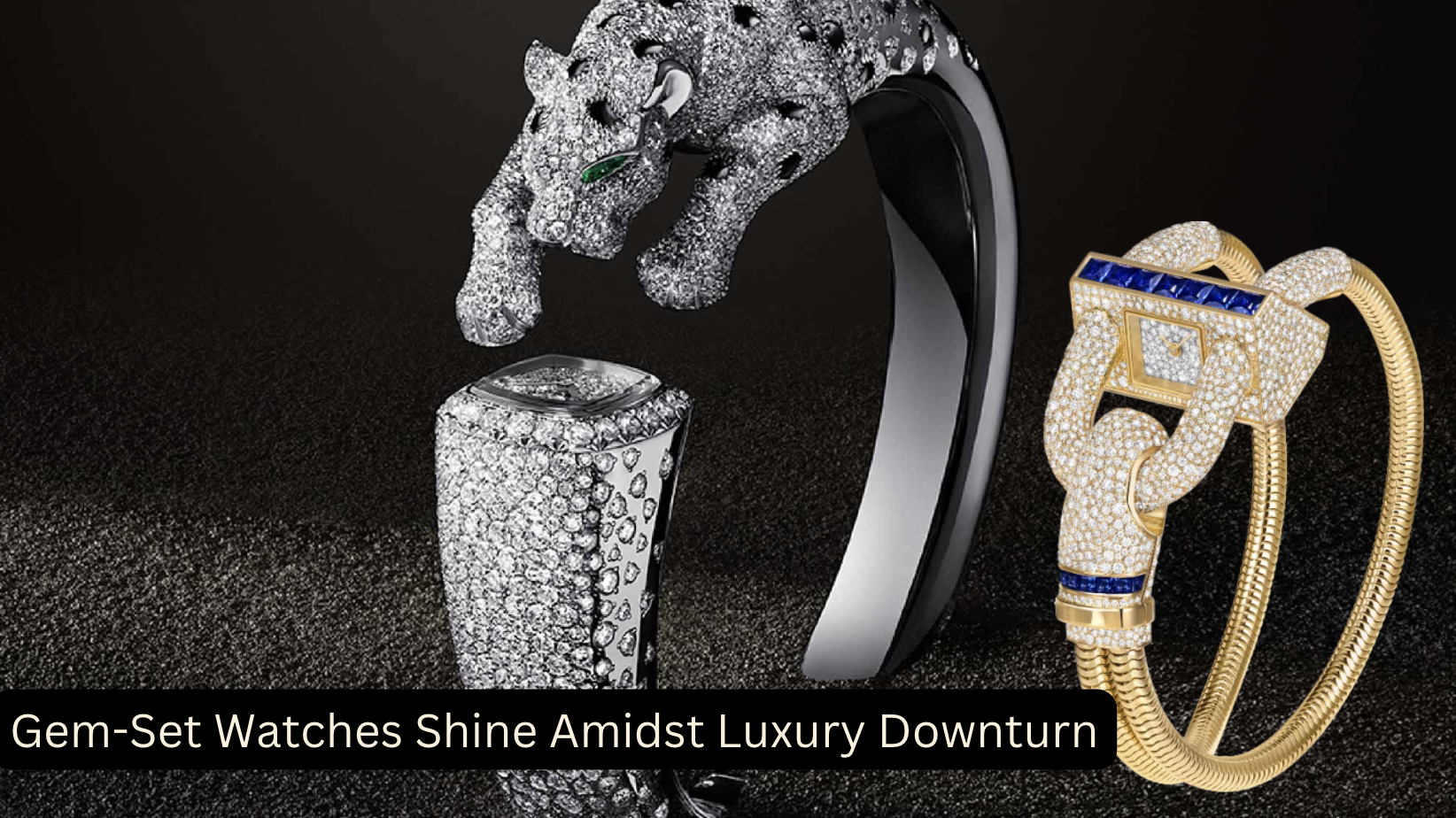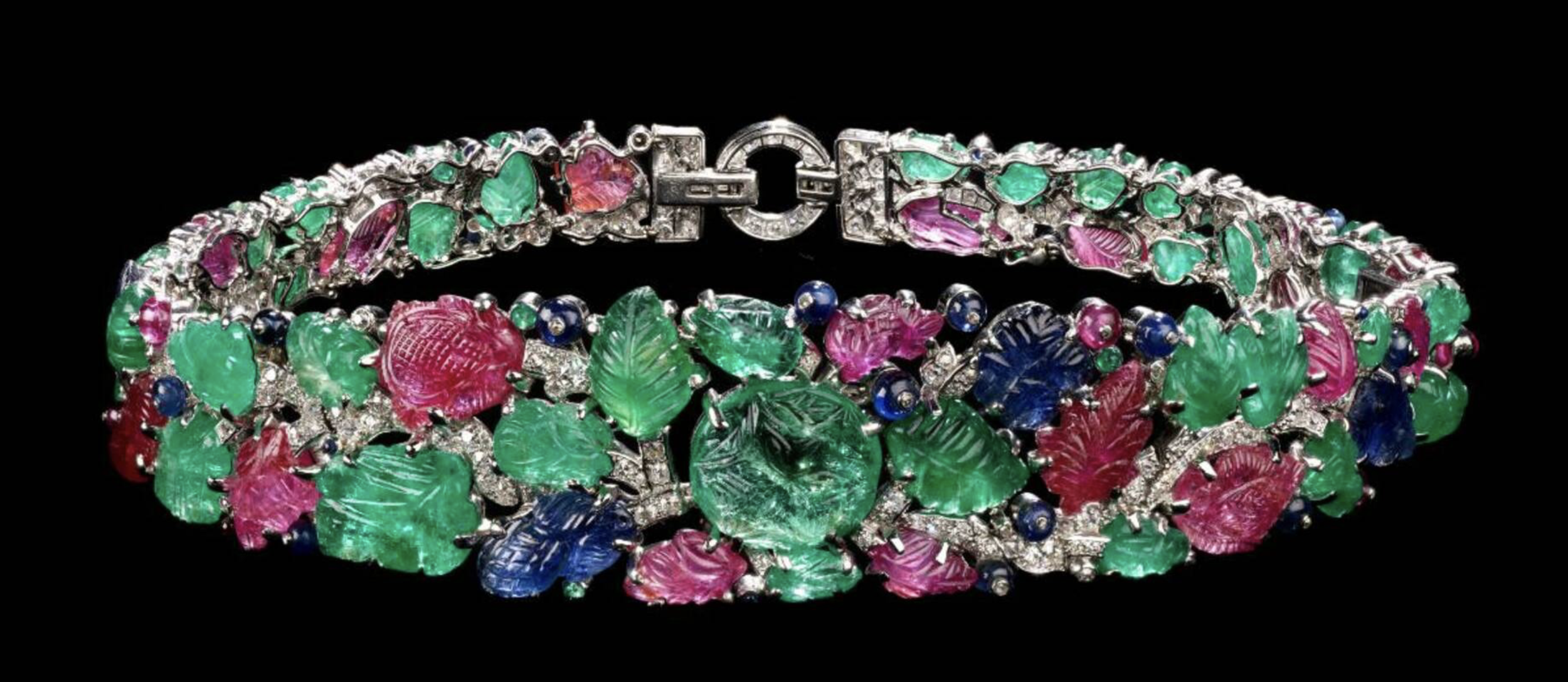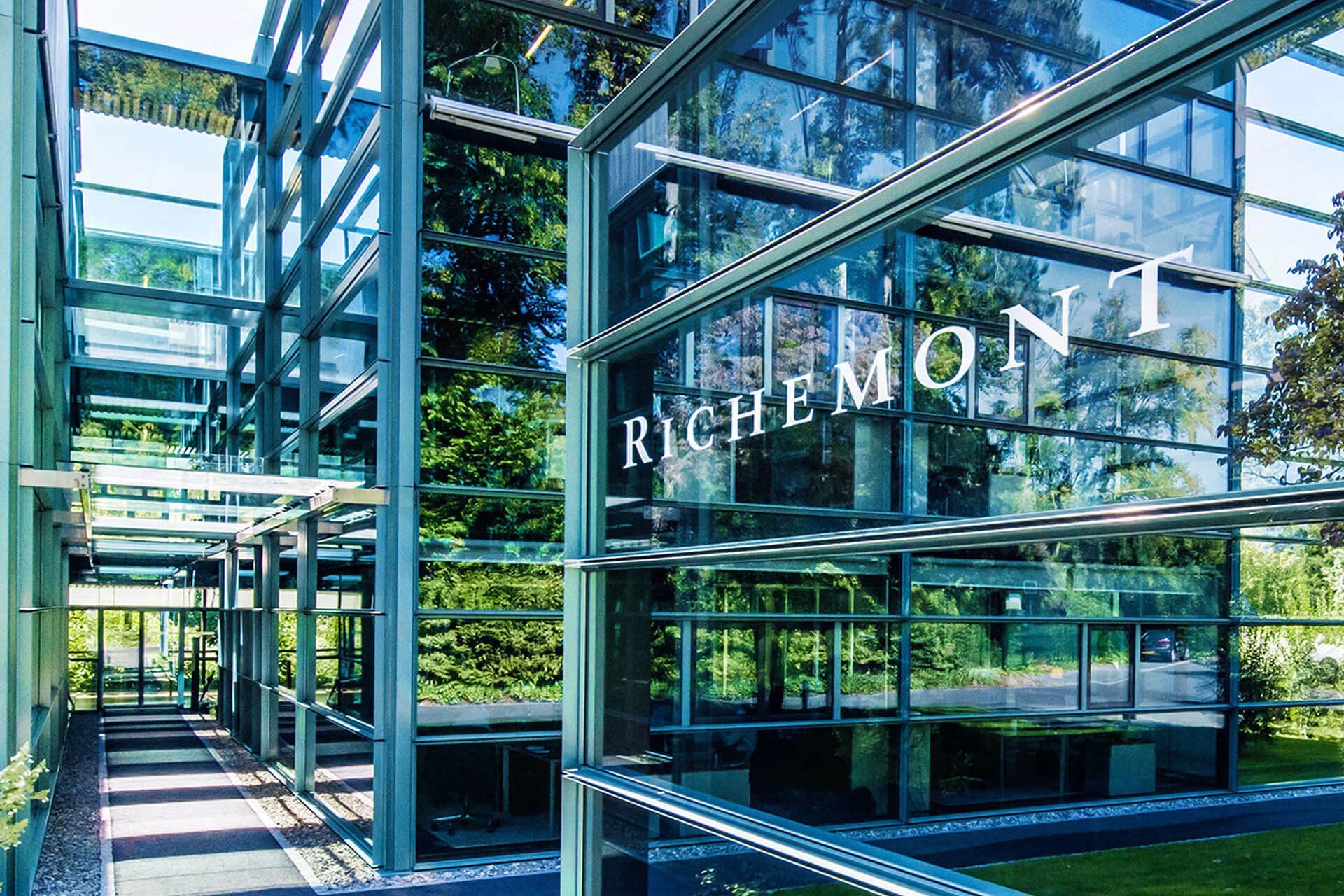
A Strategic Embrace of Heritage Amidst Economic Challenges in the Luxury Watch Sector
Amid economic uncertainties, luxury watch brands are refocusing on iconic and traditional designs. This strategic shift toward time-tested classics is a response to the current market slowdown, mirroring historical trends where reliable and esteemed models sustain consumer interest during downturns. Brands are emphasizing their heritage and quality, which resonates with consumers across various demographics and maintains market strength. This return to foundational values and impeccable craftsmanship is central to navigating the industry through turbulent times and setting the stage for future resilience and growth.
#LuxuryWatches, #WatchesAndWonders2025, #TimelessDesign, #WatchIndustry, #EconomicTrends, #HeritageBrands, #Craftsmanship, #MarketResilience, #ConsumerBehavior, #LuxuryMarket

Gem-Set Watches Shine Amidst Luxury Downturn
Gem-set watches are taking center stage at this year’s Watches and Wonders fair, despite a broader downturn in the luxury goods market. According to a recent report by Bain & Co., jewelry remains a resilient category, with significant growth reported by major houses like Richemont and impressive performances by brands such as Cartier and Van Cleef & Arpels. High-end watchmakers are integrating precious materials and intricate designs, blending the boundary between timekeeping and fine jewelry. This trend underlines the enduring appeal of investment-worthy luxury items that combine both beauty and functional prestige.
#WatchesAndWonders, #LuxuryWatches, #JewelryTrends, #InvestmentPieces, #HighEndJewelry, #Cartier, #VanCleefArpels, #BainCo, #LuxuryMarket, #GemSetWatches

Enhancing Brand Engagement through Experiential Marketing: Lessons from Alaïa and Cartier
Experiential marketing transforms traditional shopping into immersive cultural experiences, as shown by Alaïa and Cartier. Alaïa has opened a bookstore and café in its London flagship, collaborating with noted entities to blend fashion with literature and gastronomy. Similarly, Cartier will showcase its design heritage through an extensive exhibition at the Victoria & Albert Museum. These initiatives emphasize the importance of creative collaborations, leveraging heritage, and focusing on customer engagement to strengthen brand loyalty and differentiate in the market.
#ExperientialMarketing, #BrandEngagement, #CustomerExperience, #FashionMarketing, #RetailInnovation, #Alaia, #Cartier, #LuxuryBranding, #CulturalImmersion, #MarketingStrategy

Richemont’s Sales Dip Amid Stalled Chinese Demand Despite Jewelry Resilience
Richemont, the Swiss luxury group and owner of prestigious brands like Cartier and Van Cleef & Arpels, reported a 1% decline in sales, amounting to €4.8 billion for the quarter ending September 30. This decrease was particularly influenced by an 18% drop in sales in the Asia Pacific region, with China experiencing a notable slowdown. While the jewelry division saw a 4% increase in sales, the watchmaking sector fell by 19%. Despite these challenges, shares have risen 6% this year, buoyed by confidence in its jewelry brands. The company has also undergone a leadership overhaul to enhance strategic decision-making amid a volatile global market.
#Richemont, #LuxuryBrands, #QuarterlyReport, #JewelrySales, #Watchmaking, #MarketTrends, #LeadershipChange, #GlobalMarket, #ChinaEconomy

Case Study: Cartier's Journey to Timeless Elegance and Innovation in Luxury
Cartier, established in 1847, epitomizes luxury with its exceptional craftsmanship and rich heritage. Historically celebrated for its innovative jewelry and watch designs, the brand has successfully expanded globally, maintaining a prestigious reputation among royalty and celebrities. Recent years have seen Cartier excel in digital transformation and sustainability, significantly increasing its brand value in 2022 through strategic renovations, enhanced e-commerce capabilities, and innovative customer engagement. By continuously adapting and upholding its tradition of excellence, Cartier remains a symbol of timeless elegance in the luxury market.
#Cartier, #LuxuryJewelry, #Watchmaking, #SustainableLuxury, #DigitalTransformation, #LuxuryBrands, #HeritageBrands, #HighJewelry, #BrandValue, #Innovation in Luxury

Strategic Focus on High Jewelry by Luxury Brands
Luxury brands like Bulgari, Gucci, and Cartier are strategically emphasizing high jewelry collections to navigate potential economic downturns, reinforcing brand prestige and leveraging heritage. By employing anniversary celebrations, culturally rich themes, and narrative-rich designs, these brands aim to attract affluent consumers and enhance perceived value, serving as a buffer against market volatility. This strategic focus not only maintains consumer interest but also positions high jewelry as a vital part of their financial stability and branding strategy.
#LuxuryBrands, #HighJewelry, #MarketStrategy, #EconomicDownturn, #BrandPrestige, #ConsumerEngagement, #InvestmentValue

Richemont Announces New Leadership as Q4 Sales Show Mixed Results
Richemont, the renowned luxury goods conglomerate, reported a mixed performance in its fiscal fourth quarter, with a slight 1% decline in sales at actual rates and a 2% rise at constant exchange rates. Over the full year, sales grew 3% to €20.62 billion, and operating profit saw an increase of 13% at constant rates. Amidst these financial fluctuations, Nicolas Bos was appointed as the new CEO. The company's jewelry maisons, particularly Cartier and Van Cleef & Arpels, remained strong, driving much of the growth, while the watch division faced challenges from a strong Swiss franc and decreased demand.
#Richemont, #LuxuryGoods, #FinancialResults, #NicolasBos, #CEOAppointment, #Cartier, #VanCleefArpels, #LuxuryWatches, #JewelrySales, #CorporateLeadership